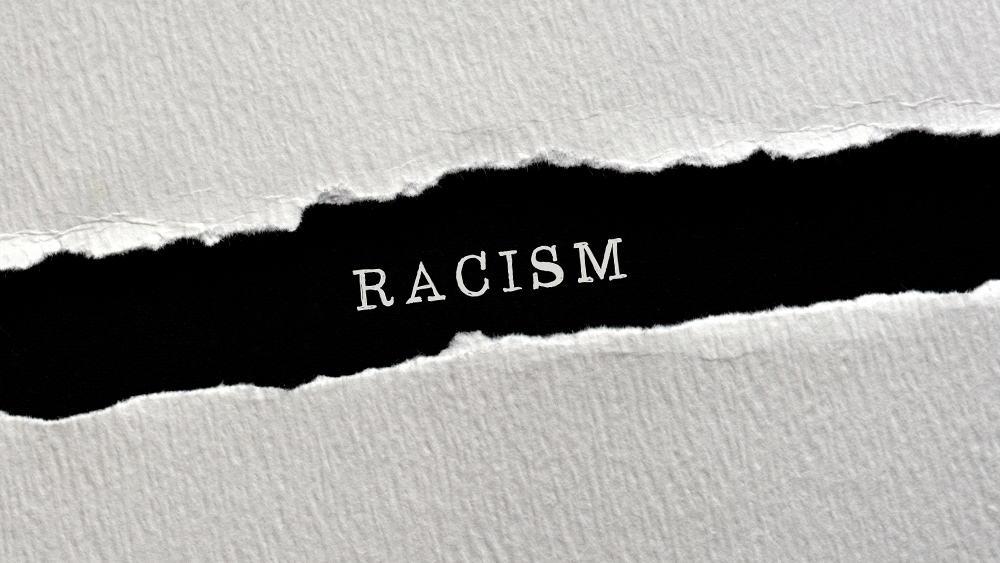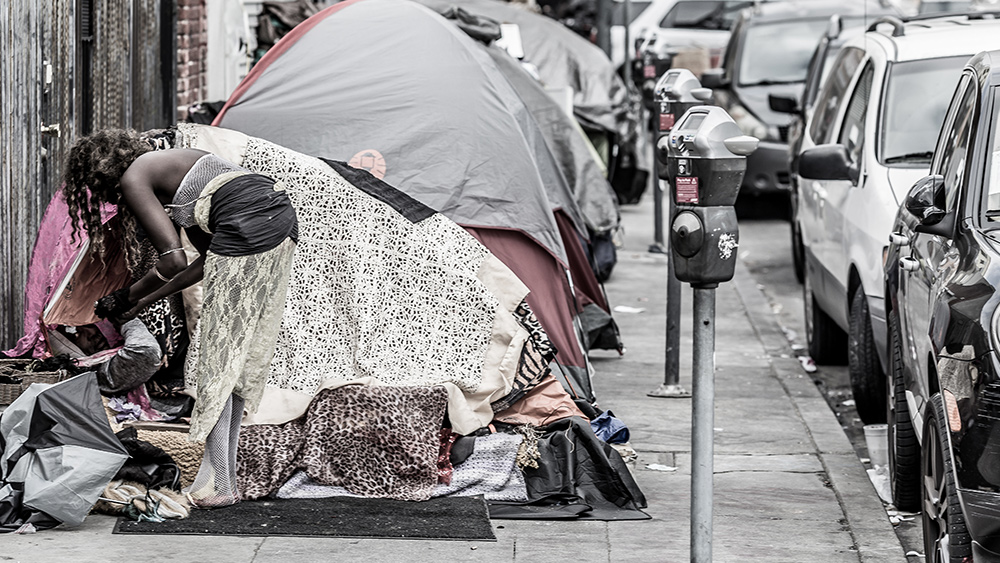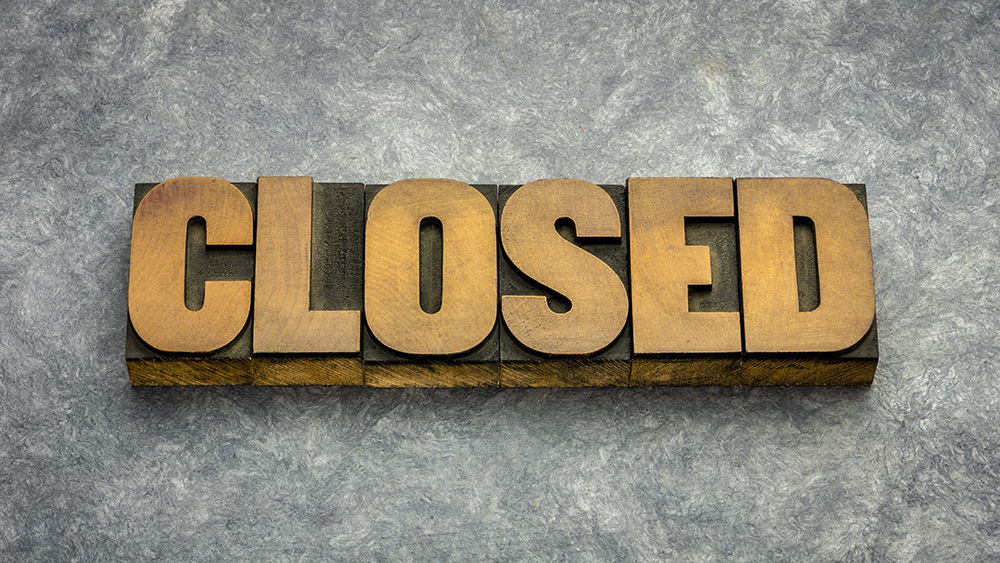
With the state's existing eviction moratorium on the verge of expiring, California Gov. Gavin Newsom has signed into law a new bill allowing renters who are financially impacted by the Wuhan coronavirus (COVID-19) plandemic to stop paying rent until at least February with no immediate consequences.
The legislation passed both Democrat-dominated state houses with supermajorities in the final hours of their lengthy, two-year legislative session. After finally coming to a compromise agreement with various stakeholders, the bill was passed and Gov. Newsom immediately signed it into law.
Those in support of the bill say it will help keep California's 17 million renters from going homeless since much of the state is still closed due to the plandemic. Tenants who declare that they have lost income due to the Wuhan coronavirus (COVID-19) will now be allowed to stop paying rent until Feb. 1.
Further, all back rent owed by tenants from this past March 1 up until Aug. 31 will be converted to consumer debt, meaning it cannot be used as grounds for later eviction. To continue receiving protection under the legislation, however, renters will need to continue paying at least 25 percent of their cumulative rent between Sept. 1 and Jan. 31.
Starting March 1, 2021, landlords will then have the option to pursue lost rent in small-claims court, though they will not be allowed to use this as an excuse to evict tenants. All they can do is try to retrieve what they were owed once things eventually – assuming they ever do – go back to "normal."
More of the latest news about the continued collapse of America due to the government's Wuhan coronavirus (COVID-19) response can be found at Collapse.news.
California Apartment Association says eviction relief measure a "balanced" approach
While proponents of the measure are happy it was passed, they continue to express worry that this is only a temporary stopgap, kind of like putting a bandage over a leaking hole on a sinking ship.
However, instead of recommending that Gov. Newsom reopen California and allow the gears of the economy to start grinding once again so people can actually pay their rent, those in favor of an extended eviction moratorium are blaming President Donald Trump for not providing enough additional federal aid in the form of massive bailouts to keep the money flowing to California.
As for the millions of landlords throughout California who will now have to allow their tenants to remain in place even without paying rent, the California Apartment Association, which represents landlords statewide, says the eviction relief measure offers at least small landlords a balanced approach to potentially remaining solvent.
"Millions of them are small mom and pops that in most cases treat their tenants like family, have reduced the rent and are trying very hard to do the right thing in this unfortunate pandemic," says Debra Carlton, a lobbyist for the group.
Meanwhile, tenants like Pea Nunez, a freelance videographer who lives in the Boyle Heights area of Los Angeles, she and her roommates will owe more than $19,000 in back rent by February. Nunez has not been able to work since the plandemic began, and has thus been unable to pay rent or any of her other bills.
"Where are we going to get that money from?" she asks. "Are they expecting us to let go of our cars, to let go of food?"
When the California legislature begins its new session in January, Assemblyman David Chiu, a Democrat from San Francisco, is planning to take up the issue again to come up with a more permanent solution, depending on the state of the world at that time.
Sources for this article include:
Please contact us for more information.





















